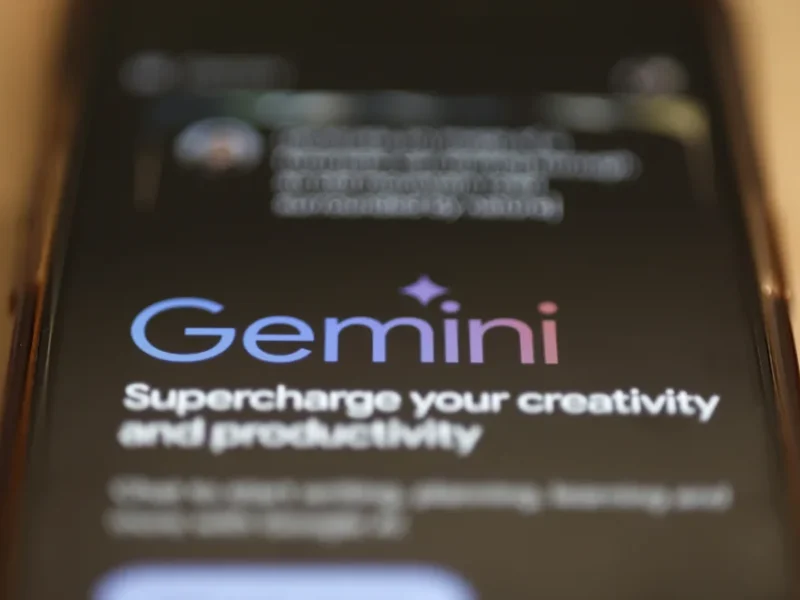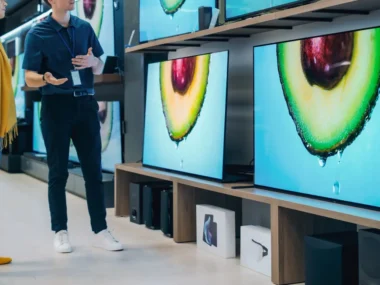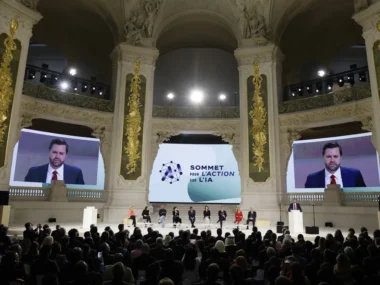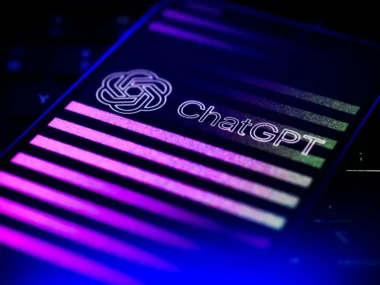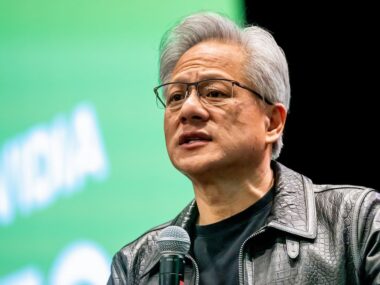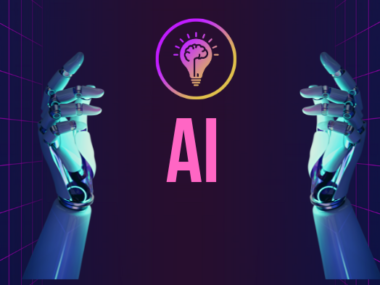Do you remember the universal childhood experience of writing a fan letter to someone you admire? (Mickey Mouse, I hope you still have that note I gave you at Disneyland in 1999.)
Well, a new Google ad suggests that artificial intelligence can do that for you now, but it hasn’t been received well.
If you haven’t seen it, the TV ad, which aired during the Olympics, shows a father talking about his daughter’s admiration for American Olympic track star Sydney McLaughlin-Levrone. The ad shows the young girl training with hurdling technique tips generated by Google’s AI search feature. Then, the dad asks Google’s Gemini chatbot to generate a letter from his daughter to McLaughlin, including a line about the young girl planning to break her world record.
The ad was meant to showcase Google AI’s ability to generate human-like text, useful for tasks like writing emails or planning trips. However, many online critics saw it as another example of a Big Tech company being out of touch. The ad sparked numerous posts on Threads, X, LinkedIn, and other platforms, with many people questioning why anyone would want to replace a child’s creativity with AI-generated words.
It’s a notable misstep for Google, which has promoted Gemini as its competitor to OpenAI’s ChatGPT and aims to integrate the AI technology into products like Google Search and Gmail.
Will Leitch, writer and founder of the sports blog Deadspin, tweeted, “The Google commercial where the dad has his daughter use AI to construct a note to her favorite athlete rather than encourage her to write what she actually wants to tell her hero takes a little chunk out of my soul every time I see it,” a post that was retweeted over 3,000 times.
Another user on Threads commented, “These people have lost the plot,” calling AI ads “just mortifying.”
A Google spokesperson said in a statement that the company believes “AI can be a great tool for enhancing human creativity but can never replace it.”
“Our goal was to create an authentic story celebrating Team USA,” the statement reads. “It showcases a real-life track enthusiast and her father, and aims to show how the Gemini app can provide a starting point, thought starter, or early draft for someone looking for ideas for their writing.”
The backlash highlights a broader fear about AI as it becomes more integrated into our lives. Tech companies claim that AI will simplify life by handling mundane tasks, freeing people for more meaningful activities. However, many early AI tools seem to do the opposite, generating creative outputs like art, music, and stories traditionally produced by humans.
Some creatives, including musicians and visual artists, have expressed concerns about being replaced by AI, an issue central to last year’s Hollywood writers’ strike. Others have sued tech firms over the alleged use of their copyrighted works to train AI models.
Despite this, tech firms continue to develop AI tools that can create new emojis, speak, and even generate videos.
Shelly Palmer, a professor of advanced media at Syracuse University’s S.I. Newhouse School of Public Communications, wrote in a blog post, “I flatly reject the future that Google is advertising. I want to live in a culturally diverse world where billions of individuals use AI to amplify their human skills, not in a world where we are used by AI pretending to be human.”
Earlier this year, Apple faced similar backlash for an ad showing symbols of human creativity being replaced by an iPad Pro. Apple quickly apologized for “missing the mark” with the advertisement.
Google did not respond to CNN’s request for comment regarding the backlash to the Gemini ad.

